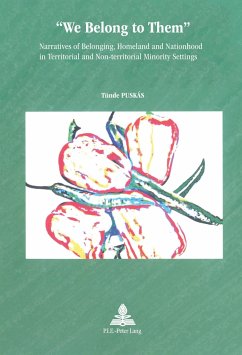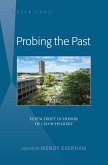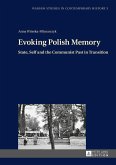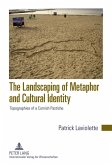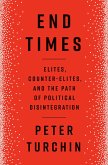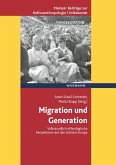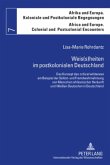This book explores what happens with ethnic and national identifications built on the same ethnocultural grounds, but under different socioeconomic circumstances. Territorial and non-territorial minorities have traditionally been considered not susceptible to comparison because it was assumed that groups organized on different grounds were distinctively separate phenomena. In this study, the comparative method is used to throw new light on how ethnic and national identifications are constructed, negotiated, and re-constructed in territorial and non-territorial minority contexts. The author investigates whether the ethnic and national identification and articulation processes of Hungarians in Slovakia and Hungarians in Sweden constitute different types of Hungarianness. Drawing on extensive interview material the empirical focus is on the interaction of self-narratives and public narratives. The author seeks to challenge the notion that national minorities and diaspora communitiesare fundamentally different in their understanding of nationhood and their relationship to an external national homeland.
Bitte wählen Sie Ihr Anliegen aus.
Rechnungen
Retourenschein anfordern
Bestellstatus
Storno

